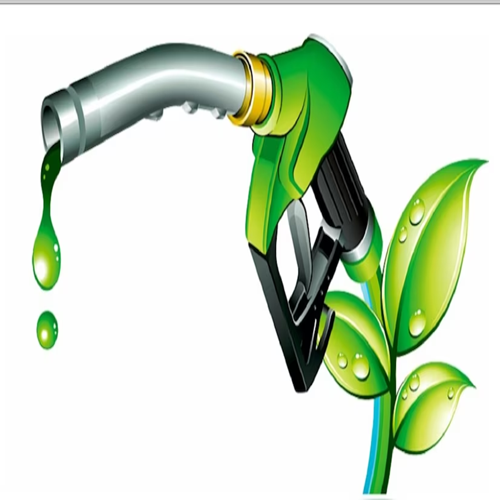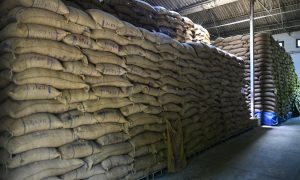Global biofuel alliance sets up three-pronged work plan, says govt

The Global Biofuel Alliance (GBA) advances with a focused agenda, aiming to drive global biofuel adoption. Established at the 2023 G20 summit, the alliance, led by India and Brazil, now boasts 24 member nations, including African countries like Kenya and Uganda. While immediate goals are set, including country landscape assessment and policy drafting, the formation of a charter and secretariat awaits clarification. Nonetheless, India’s ambitions align with global biofuel growth projections, positioning itself as a climate champion.
While it remains without a charter, or a permanent secretariat, the Global Biofuel Alliance (GBA) has adopted a work plan focused on assessing country landscapes, drafting policy frameworks, and conducting biofuel workshops, petroleum and natural gas ministry officials said.
These were adopted as immediate goals at a key meeting of the body held on the sidelines of the G20 deliberations in Brazil last month. And, the officials added that the GBA has decided to take stock of them in July.
“India has also suggested three potential workstreams to support biofuel trade, increase awareness in biofuels, and identify support mechanisms for enhanced adoption of biofuels,” an official said.
Launched on the sidelines of the 2023 G20 summit in New Delhi, the GBA aims to reshape the global landscape and expedite uptake of biofuels worldwide. It also hopes to set standards for biofuel, expand the size of formal biofuel markets and better map demand and supply.
The India-led initiative has seen 24 countries signing up so far, with special interest generated among African nations. Apart from G20 member South Africa, non-G20 nations like Kenya and Uganda are on the list, while Tanzania is keen on joining, sources said.
However, officials could not clarify when or where a new secretariat for the GBA would be unveiled. Talks on creating a governance structure and charter would also take some time, they hinted.
India and Brazil are the main drivers at the GBA. “Beyond the initial interest evinced by all stakeholders since the GBA was formed, a major push to the initiative has been given by Brazil, as part of the current G20 chair. India’s goals with regard to biofuels align with Brazil’s in the long term,” another official said.
The primary work plan was taken up at a key meeting on the sidelines of the Energy Transitions Working Group meet in Brazil.
More global engagements
Building up the profile of the GBA, and placing its plans and objectives in front of a global audience has been prioritised, officials said.
Case in point, the GBA has engaged at the United Nations COP28 Summit in Dubai.
It was also present at the annual meeting of the World Economic Forum in Davos, and the government’s India Energy Week global summit in Goa, earlier this year.
In April, the GBA made presentations on the sidelines of the G7 energy minister’s meeting in Italy. Among the G7 nations, Italy and the United States are part of the alliance.
New Delhi also hopes the GBA will position India as a climate & sustainability champion and further bolster the country as the voice of the Global South.
Key to this is India helping lower and middle income countries also start their biofuels programme.
According to the International Energy Agency (IEA), biofuels have a potential to grow by 3.5-5-times by 2050 due to Net-Zero targets, creating a huge opportunity for India.
A record 171.2 billion litres of biofuels were procured globally in the year 2022, with India contributing just 2.7 per cent or 4.6 billion litres. Despite this, India remains the third-largest producer of ethanol, after the United States (US) and Brazil, said IEA.
By aligning itself with both these nations in the GBA, India seeks to rectify this disparity, given that it is among the largest producers of biofuel feedstock, including sugarcane, maize, and vegetable oils.















